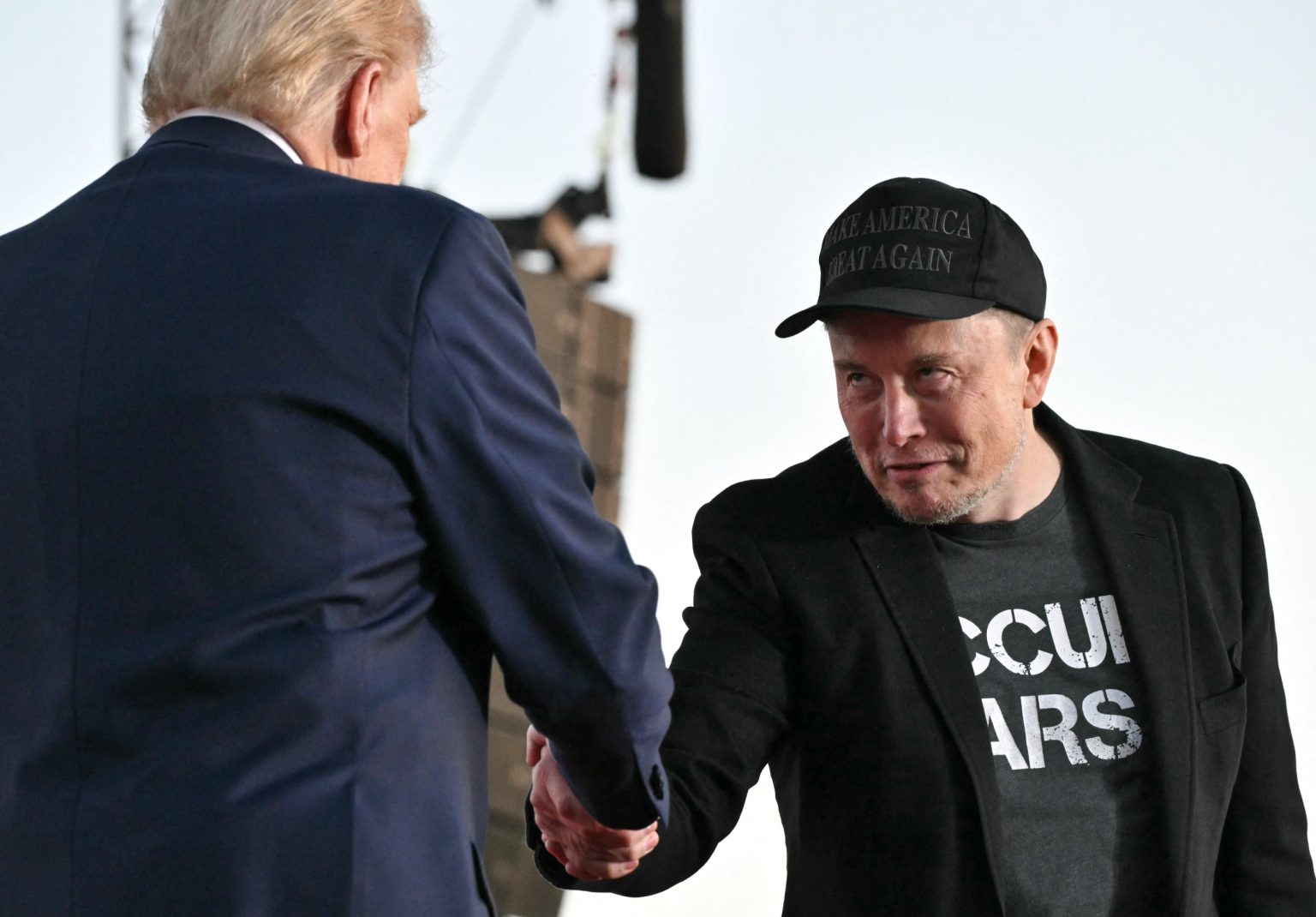Legal analysts are discussing the Department of Justice’s warning to billionaire Elon Musk regarding his $1 million rewards for people who sign a petition during the presidential election. Musk, a supporter of former President Donald Trump, has been giving away a $1 million prize daily for signing a pledge of support for the First and Second Amendments, only to voters in key battleground states. The DOJ sent a letter expressing concerns that this may violate federal election law, which prohibits payments for voting or registering to vote. Musk defended the giveaway, stating that it does not require voters to be from a specific party and that voting is not necessary to participate.
Some legal experts believe that Musk is operating in a gray area of the law by rewarding people randomly for signing a petition, but not directly paying them to vote or register. They suggest that Musk may be walking a fine line but may not face criminal charges as prosecutors may find it challenging to prove that he violated the law. Others argue that Musk and Trump are attempting to influence the election by offering incentives to potential voters, prompting concerns about the electoral playing field being tilted. The DOJ has been criticized for being vague in addressing Musk’s actions and should consider launching a criminal investigation if he does not cease his activities.
Musk’s super PAC is offering additional payments to petition signers who refer others, with higher rewards in certain states like Pennsylvania where the race is close. A recent poll found that a majority of Americans believe that it should be illegal to pay people to sign political petitions, raising concerns about the ethical implications of such actions. Despite the controversy surrounding his giveaway, Musk continues to defend his program and is unlikely to be deterred by the DOJ warning. The legal community remains divided on whether his actions constitute a clear violation of federal election law and what consequences, if any, he may face as a result.
Overall, the situation involving Elon Musk’s $1 million rewards for petition signers during the presidential election has sparked debate among legal analysts about the potential legal implications and ethical considerations. While some believe that Musk is operating in a gray area of the law by offering incentives to voters in key states, others argue that his actions may be an attempt to influence the election outcome. The Department of Justice’s warning to Musk has raised questions about the legality of such activities and whether criminal charges could be brought against him. As the presidential election approaches, the debate surrounding Musk’s giveaway and its impact on the electoral process continues to unfold.


